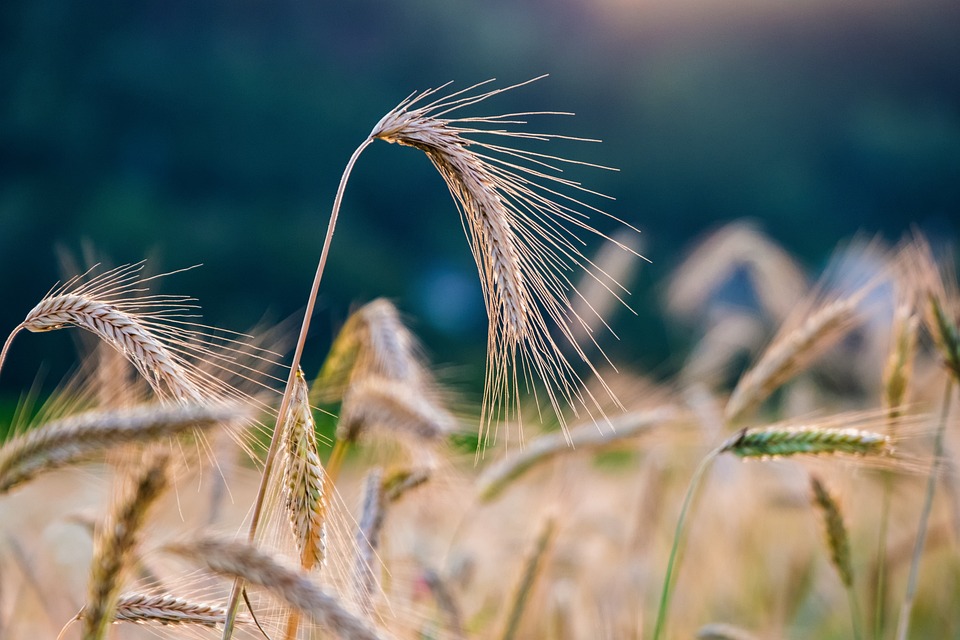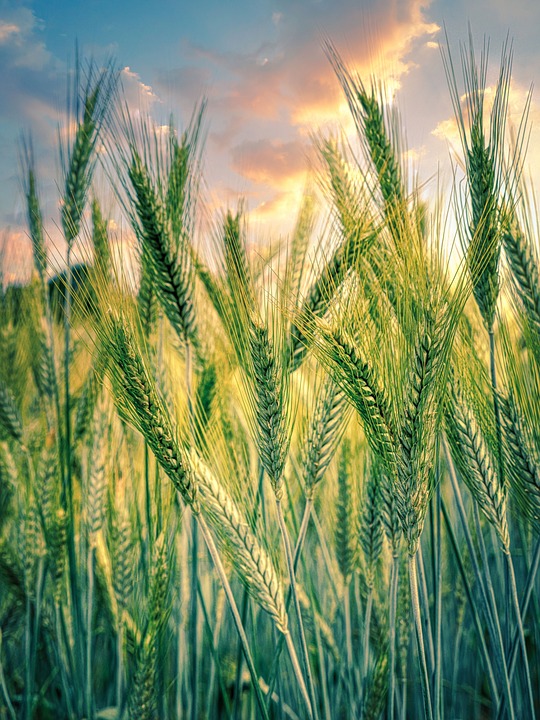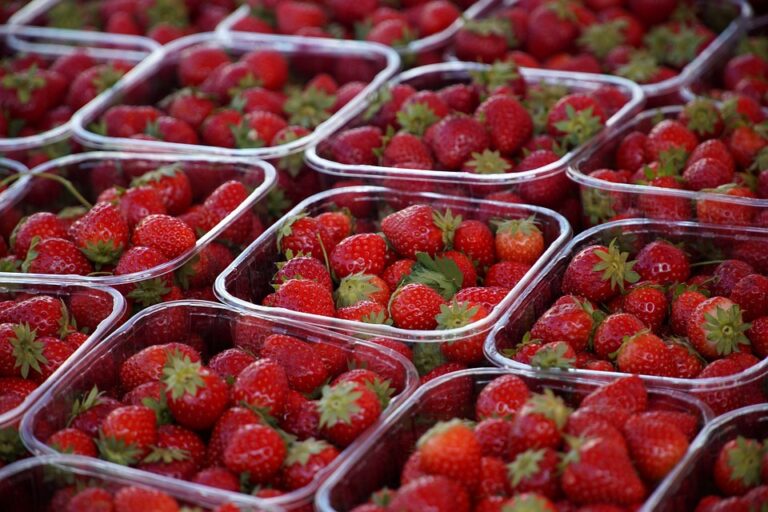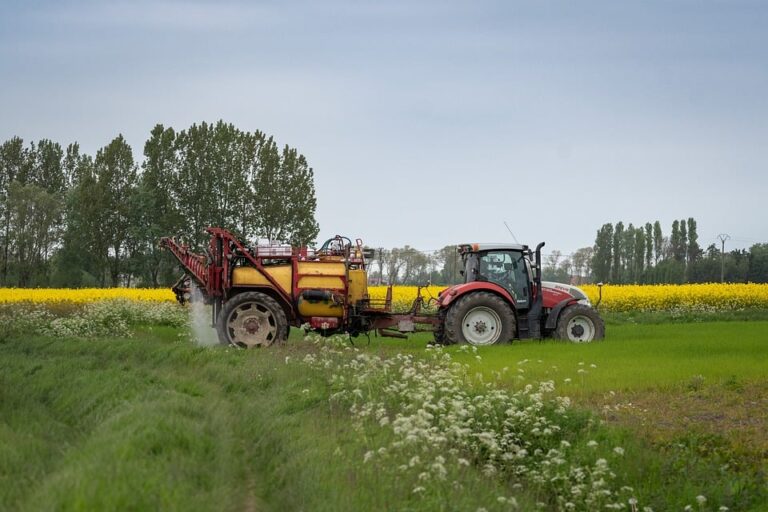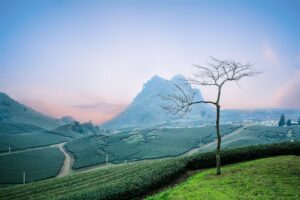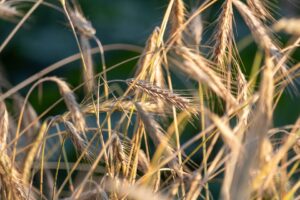Exploring the Rich History of Rye Farming in Russia
The Origins of Rye Farming in Russia
Rye farming has been a significant part of Russian agriculture for centuries. The crop has been grown in Russia since ancient times, with evidence of its cultivation dating back to the Neolithic period. Rye was one of the first cereals domesticated by early Slavic tribes, and it quickly became a staple crop in their diet.
One of the main reasons why rye became so popular in Russia is its ability to grow in harsh climates and poor soil conditions. Unlike other cereal crops, rye thrives in cold and wet environments, making it well-suited to the Russian climate. This resilience made rye farming an essential part of Russian agriculture, especially in regions where other crops struggled to grow.
The Role of Rye in Russian Culture and Cuisine
Rye has played a significant role in Russian culture and cuisine for centuries. In traditional Russian cuisine, rye bread is a staple food, and it is served with almost every meal. Rye bread is known for its dense texture and strong flavor, making it a favorite among Russians.
Rye has also been used to make other popular Russian foods, such as kvass, a fermented beverage made from rye bread. Kvass has been enjoyed by Russians for centuries and is a traditional drink served during holidays and celebrations.
In addition to its culinary uses, rye has also been used in Russian folk traditions and rituals. In some regions of Russia, rye is considered a symbol of fertility and prosperity, and it is often used in rituals to ensure a successful harvest.
The Importance of Rye Farming in Russian Agriculture
Rye farming has been essential to Russian agriculture for centuries, providing a steady food supply for the population. Rye is a hardy crop that can withstand harsh growing conditions, making it a reliable source of food in times of hardship.
In addition to its importance as a food crop, rye has also played a crucial role in crop rotation and soil fertility in Russian agriculture. Rye is a deep-rooted crop that can break up compacted soil and improve soil structure, making it an excellent cover crop for farmers in Russia.
Rye farming has also been important in preserving biodiversity in Russian agricultural landscapes. Rye is grown in diverse ecosystems across Russia, providing habitat for a variety of plant and animal species. This diversity helps to maintain the health of the soil and the overall ecosystem.
The Future of Rye Farming in Russia
Despite its long history in Russian agriculture, rye farming faces challenges in the modern world. As agriculture in Russia becomes more industrialized, traditional farming practices are being replaced by more intensive methods that focus on maximizing yield.
However, there is a growing movement in Russia to preserve traditional farming practices and promote sustainable agriculture. Many farmers in Russia are returning to traditional methods of rye farming, using organic practices and crop rotation to improve soil health and biodiversity.
In recent years, there has been a resurgence of interest in rye farming among young farmers in Russia. These farmers are embracing traditional farming techniques and working to revitalize the rye industry in Russia. By preserving the rich history of rye farming and promoting sustainable practices, these farmers are ensuring that rye will continue to be a vital part of Russian agriculture for generations to come.
Conclusion
Rye farming has a rich history in Russia, dating back to ancient times. The crop has played a crucial role in Russian agriculture, providing a reliable food supply and supporting biodiversity in agricultural landscapes. Rye has also been an integral part of Russian culture and cuisine, with rye bread and kvass being staples in the traditional Russian diet.
While rye farming faces challenges in the modern world, there is a growing movement in Russia to preserve traditional farming practices and promote sustainable agriculture. By embracing sustainable farming techniques and preserving the rich history of rye farming, farmers in Russia are ensuring that rye will continue to be a vital crop in Russian agriculture for generations to come.
